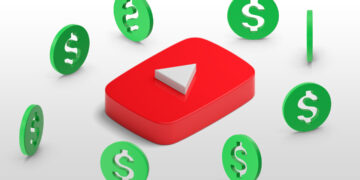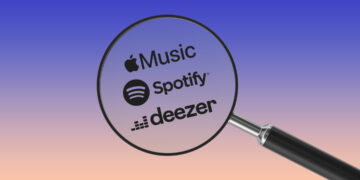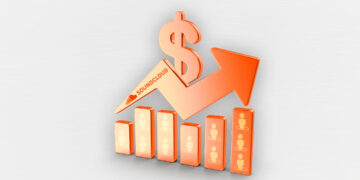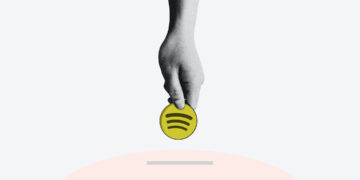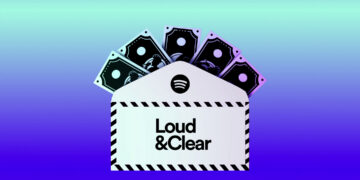Songwriters: High in demand, low in payment
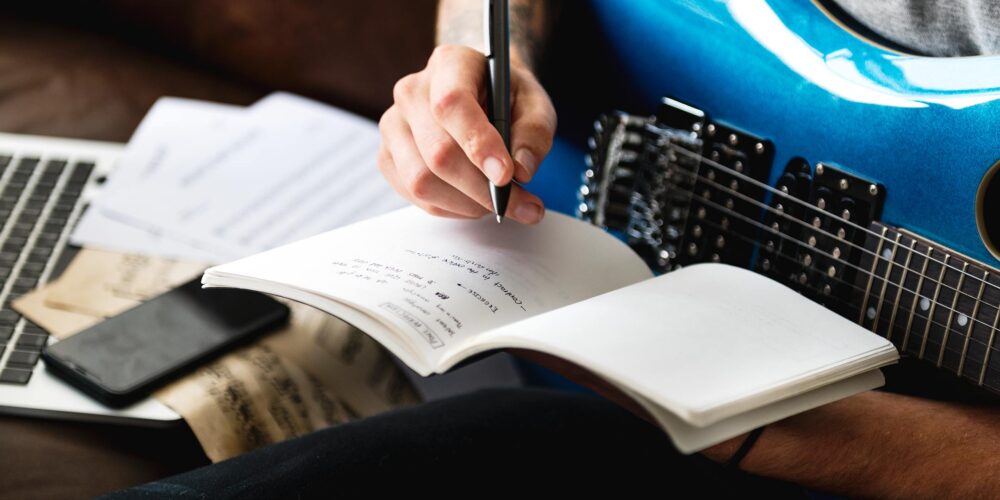
- Three times more is paid out through master rights than through publishing rights to songwriters
- Covid has additionally reduced publishing revenues
- How this imbalance could be fixed
Hardly anyone would contest that songwriters, that is, lyricists and composers, contribute significantly to the success of a track. Whoever performs the song is in the spotlight, but they can’t get there without the text and the music. And yet, songwriters receive considerably less for the publishing rights than the artists, or in many cases, their labels, do for the master rights.
Three times less for the songwriters
As we have shown in previous posts, streaming providers keep a third of the generated revenues, while ca. 52% go to the artists or labels for the master rights, and ca. 15% go to the songwriters for the publishing rights. So, more than three times as much money is being shelled out for the master rights. To make matters worse, in most cases, different people work on the text and music of a song, which means that these 15% have to be split between multiple parties.
Streaming revenues are low for everyone, but artists can at least use the streaming providers to direct their fans to other platforms and monetize there by selling merch, concert tickets, etc. This is not an option songwriters and composers have at their disposal. Thus, we have the paradox where individual songs are becoming more and more important (rather than the whole album), but the songwriters cannot profit off them.
Declining revenue due to COVID
COVID has made the situation even worse, because the music publishing revenue streams have gone down due to bars, restaurants, clubs, and concert halls being closed. GEMA reported a 10% decrease in royalties compared to the previous year, mainly because of a 43% plunge when it came to revenues from public performances. Circumstances are even more dire for the British equivalent PRS, where revenues sank by 19.7%, and the live performance department lost a total of 79%. The 2020 numbers also include the revenues from before COVID, so things are not likely to get better in 2021 or 2022 – on the contrary.
How can this imbalance be corrected?
There are various approaches being discussed to solve the problem, but it seems unlikely that the streaming providers will change anything anytime soon, despite their insistence on how important songwriters are to them. Some short-term solutions could include:
- The songwriters asking for a higher fixed price for their work in addition to the revenues from the publishing rights. But if a song goes through the roof, they would still only make a marginal profit.
- The songwriters being given a share (or a bigger share) of the master rights.
However, both of these options would come at the cost of the artists. Essentially, there would only be a shift from artist to songwriter (which in many cases are the same people).
So, for a truly sustainable solution, the streaming revenue pot needs to be bigger. If this were to happen, for instance by increasing subscription fees, then songwriters need to be given a disproportionately large amount of the profit, so that the ratio between master and publishing rights can be balanced.




